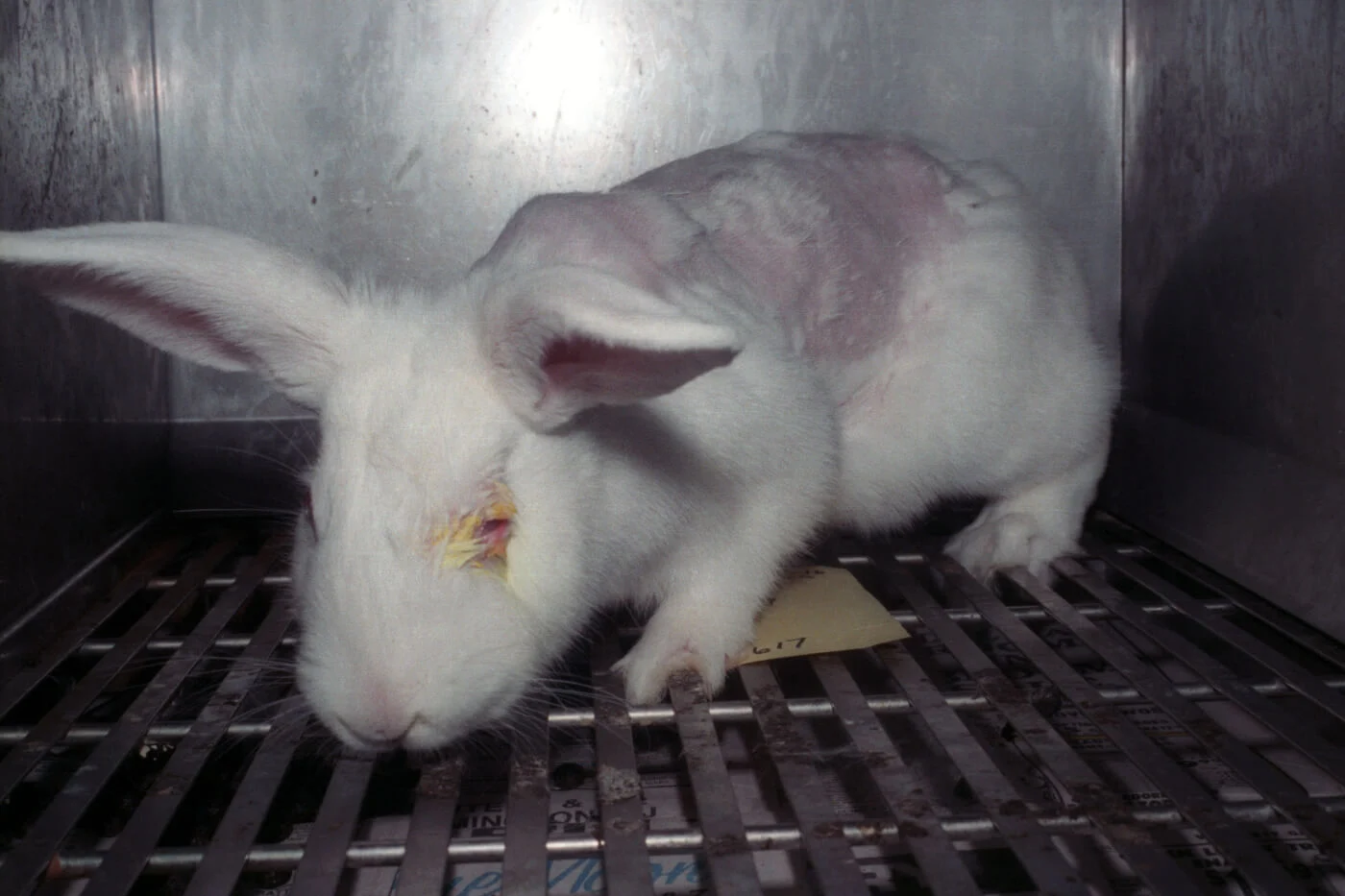In a significant step, Canada has joined the growing list of countries and American states that have prohibited animal testing for cosmetics. The Canadian government made the announcement through a news release on Tuesday. The newly introduced Bill C-47 brings amendments to the Food and Drugs Act, effectively banning the testing of cosmetic products on animals and the sale of products that rely on such testing data. It is worth noting that animal testing for cosmetics was already a rarity in Canada. Aa stated in the news release. This move reinforces Canada’s commitment to promoting ethical and cruelty-free practices in the beauty industry.
According to the press release, Canada will follow the lead of the European Union, Australia, the United Kingdom, and South Korea in taking action to outlaw animal testing for cosmetics.

A total of 44 nations have adopted regulations prohibiting the use of animals in cosmetic research. New York, Virginia, California, Louisiana, New Jersey, Maine, Hawaii, Nevada, Illinois, and Maryland are the other ten US states that have outlawed the practice.
In the announcement, Canadian Minister of Health Jean-Yves Duclos said, “Protecting animals, now and in the future, is something that many Canadians have been calling for, and something we can all celebrate.” “We are pleased to implement this policy and reassure Canadians that the items they purchase are free from cruelty. To ensure that no more animals suffer and pass away as a result of cosmetic testing, we will continue collaborating with experts and worldwide partners to investigate safe, cruelty-free solutions.”
In addition, Health Canada is looking for “effective alternatives to animal testing”. Beyond the cosmetic industry, according to the press release.
What is the animal testing prohibition in Canada?

Canada enacted the law prohibiting animal experimentation for cosmetics on June 27. The law states that “No person shall sell a cosmetic unless such person can establish the safety of the cosmetic without relying on data derived from a test conducted on an animal that could cause pain, suffering, or injury, whether physical or mental, to the animal” and that “No person shall conduct a test on an animal that could cause pain, suffering, or injury, whether physical or mental, to the animal.”
Canada has already sought to outlaw the use of animals in the production of cosmetics. A private member introduced a bill to the same effect in 2015. However, the cosmetics industry opposed it due to its overly general phrasing.
Animal rights advocates believe there is still an opportunity for improvement in the law. For instance, because the regulations are not retroactive, currently available goods that were initially tested on animals to determine their safety won’t be taken off the market.
How Cruel is animal experimentation?

The cosmetics industry has long been connected to animal testing of products. Numerous studies have demonstrated how cosmetics and their contents are evaluated through ineffective and frequently unpleasant tests conducted on animals.
Experts point out that so many cosmetic goods continue to undergo safety testing on live animals. They say millions of animals each year succumb to human vanity. Despite numerous laws prohibiting it, laboratories today continue to test deodorants, shampoos, cosmetics, and hair dye on innocent animals.
However, why is this testing deemed cruel? Opponents of animal testing claim that the activity is harsh and inhumane. These animals, including dogs, cats, monkeys, rabbits, rats, and many more, are purposefully poisoned or infected with diseases. They keep them in depressing cages and usually put them to death at the conclusion of the trial.
The animals are malnourished, drowned, stunned, burned, poisoned, secluded, and hooked to drugs. They cause brain damage, according to a PETA report. After undergoing painful surgeries, the guinea pigs are returned to their cages without any painkillers. They frequently see the slaughter of other animals right in front of them, according to video evidence.
How can we help?
When buying cosmetics, customers should stay away from items tested on animals. And, should opt for a “vegan” or “cruelty-free” label. More and more nations outlawing the sale of products derived from animal testing. With the ban on the practice of animal testing, the demand for cruelty-free goods has increased.








Be First to Comment